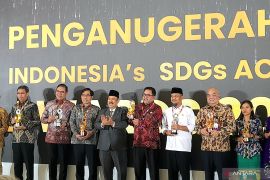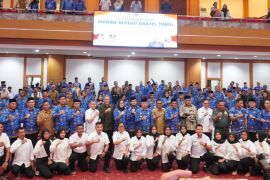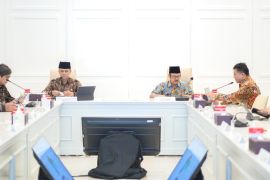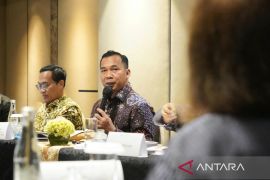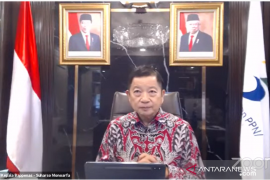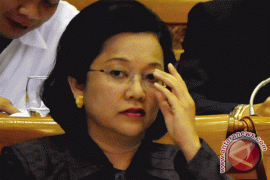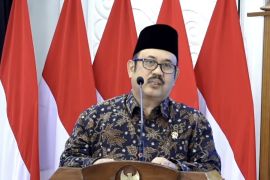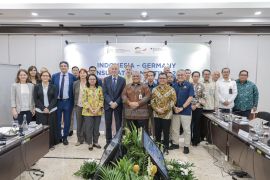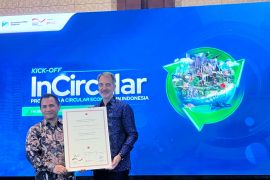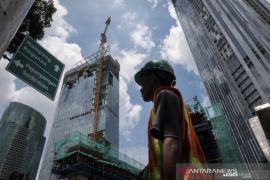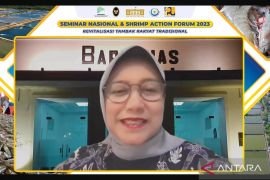He stated that the sea serves as a connector, a source of natural resources, and the foundation of life.
"Indonesia's seas must be protected not only by Indonesians but also by the global community," he remarked during the launch of the Indonesia Blue Food Assessment (BFA) and the Indonesia Blue Economy Index (IBEI) in Jakarta on Wednesday.
Hence, the development of the Golden Indonesia Vision 2045 includes the sea as a source of wealth and life for future generations of humanity.
In the coming five years, blue economy development will focus on the implementation of Astacita, which encompasses various policies, including the development of Blue Food, which is highly relevant for Indonesia as the world's largest archipelago.
Globally, demand for protein continues to increase by 70 percent, requiring nearly a 56 percent supply increase by 2050.
Specifically, global fish consumption has also continued to rise from 9.1 kilograms (kg) per capita in 1961 to 20.7 kg per capita in 2002, and is projected to reach 21.2 kg in 2032.
"Why should we consume fish? Why is fish important? Why is fish so good for our environment? Based on the consumption and production structure of animal protein sources, fish is the most efficient and the most expensive," he remarked.
"The least efficient livestock on earth are cattle, buffalo, and goats. After that, pigs, chickens, and fish have the lowest feed conversion rates. In terms of nutrition, fish is still the largest source of protein and also one that contains omega-3. Therefore, fish is very important," he stated.
Related news: Supporting food sufficiency through blue economy
Related news: Maritime security foundation of blue economy: Bappenas
Translator: M Baqir Idrus Alatas, Martha Herlinawati Simanjunt
Editor: Primayanti
Copyright © ANTARA 2025

